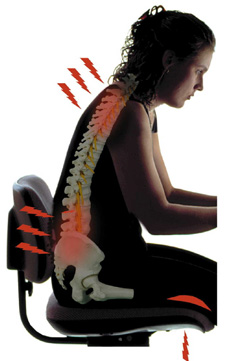If you're like me then you've probably lived your whole live longing for that sugar fix on a daily basis whether you consciously seek it out or just find yourself munching on sugar laden junk food for no reason. That's because sugar is addictive just like any other drug. In fact, experiencing a "hit" from sugar, whether it be via a candy bar or your favorite sugary drink, has the same effect on the human brain as cocaine and other drugs of abuse do [1]. Both cause a surge in the brain chemical known as dopamine. Dopamine is responsible for producing pleasure sensations deep within the brain.
Consuming sugar is not necessarily a bad thing when done so by seeking out natural foods such as fruit, baby carrots, or other products made by Mother Nature. The problem we face today is that sugar is literally added to everything we eat including bread, ketchup, sweetened beverages, and even baked beans. Yes, that's right - baked beans! Refined and added sugars have become a major problem over the last few decades in the western diet, and it's only adding to the ongoing healthcare crisis we're seeing today.






























